Stay up-to-date with all the latest news from Cadent and find out what's happening in your area.
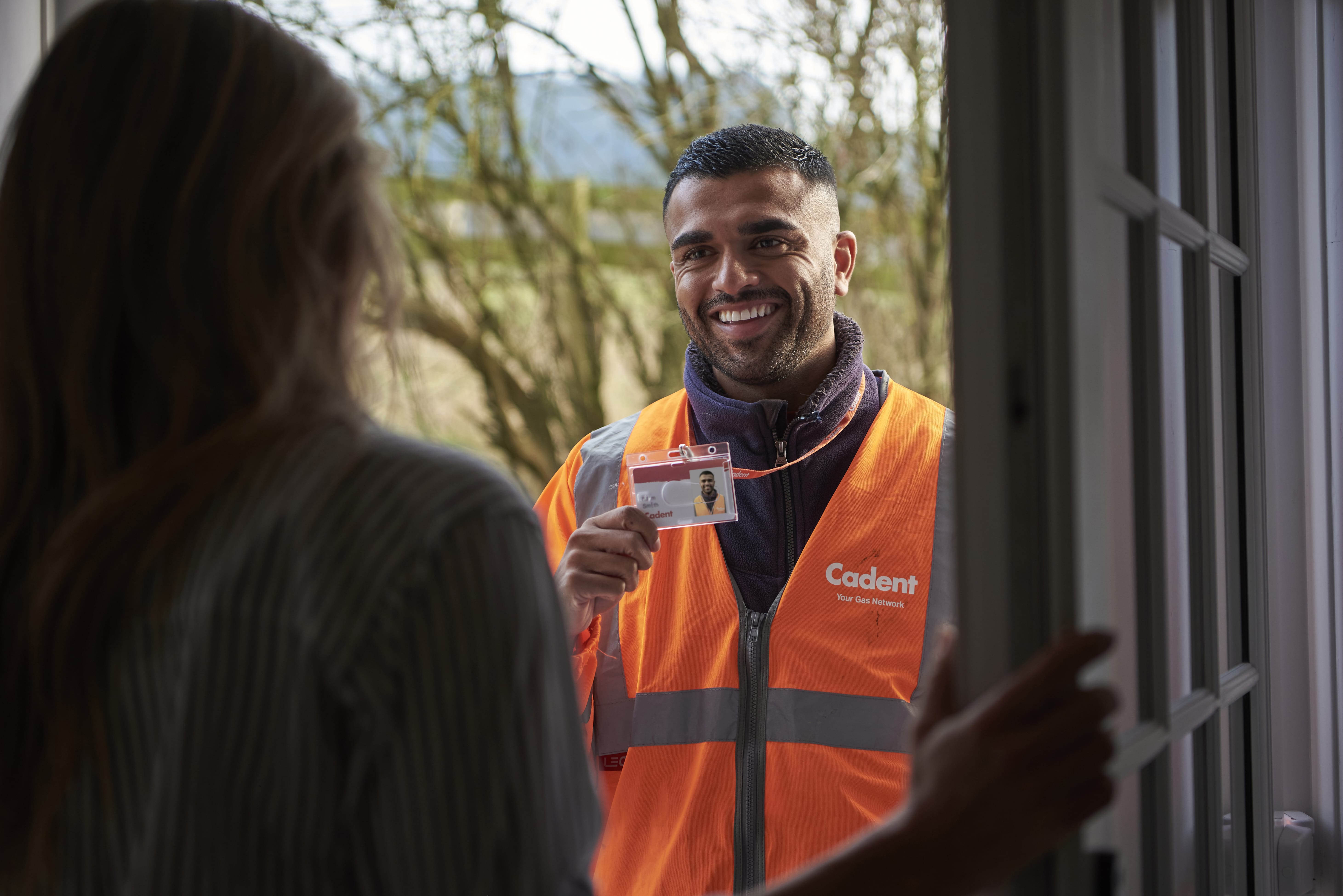
The planned activity will involve installing 260 metres of tough new pipes which will last for decades, future-proofing the Colney Heath network.
11 July 2025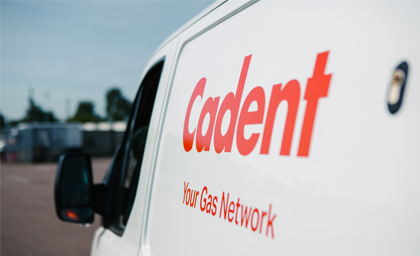
Summer upgrade for ageing Hemel Hempstead gas mains
10 July 2025
The work will take place over the school holidays to minimise disruption and is expected to last four weeks.
10 July 2025
Cadent and GRDF sign agreement of collaboration
08 July 2025
Essential Cambridge gas mains replacement work starts in July
27 June 2025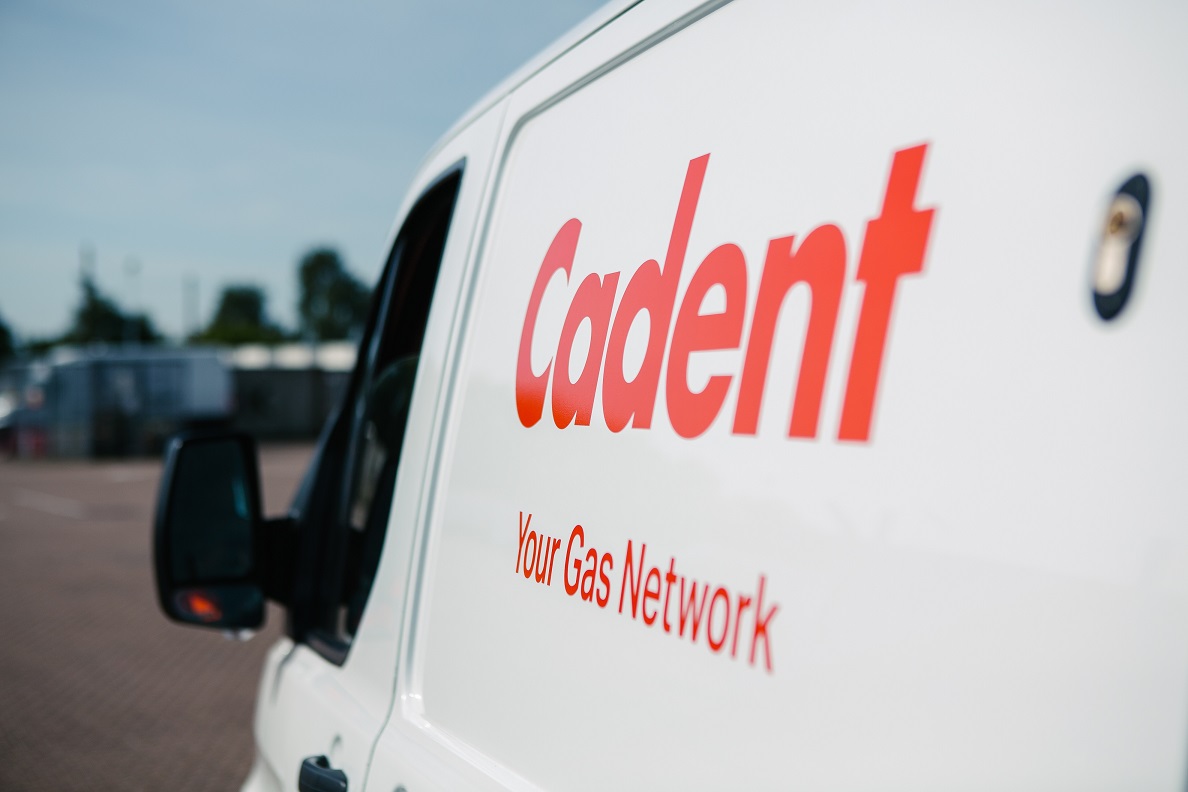
Lower Nazeing gas mains replacement work starts next week
12 June 2025
Heckington: details of project to upgrade ageing gas mains under Station Road, Heckington
10 June 2025
Big new mural transforms once-vandalised gas kiosk and pays homage to the RSPB
06 June 2025
Cadent’s response to Ofgem standards of service investigation conclusion
30 May 2025
Emergency gas works in Dinting Vale, Glossop
03 May 2025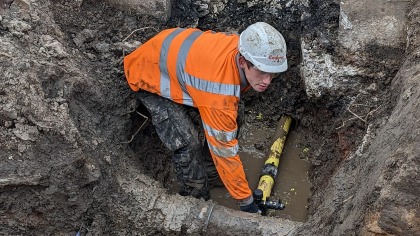
385km of gas mains pipes will be upgraded this year in the North West
29 April 2025
The thoughts of everyone at Cadent are with all of those impacted by this tragic incident in Worksop. At this stage, there is no indication that this incident was caused by our network.
14 April 2025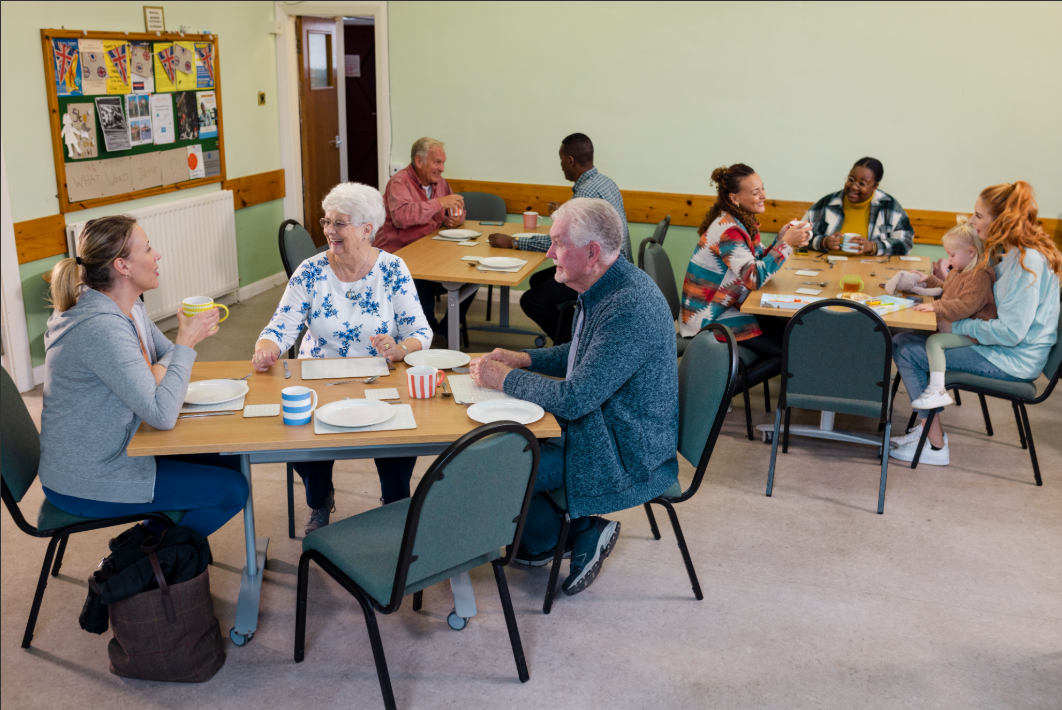
Cadent, the UK’s largest gas distribution network, has announced the opening of its 350th Centre for Warmth.
27 March 2025
Cadent is replacing 2.5km of gas pipes along the B1310 - Aldermans Hill, Main Road and Southend Road, Hockley from 24 March to 12 December 2025.
21 March 2025
Fulbourn gas mains replacement work starts next week
12 March 2025
Mellor, Stockport update: upgrade for old gas pipeline to keep thousands warm for years to come
06 March 2025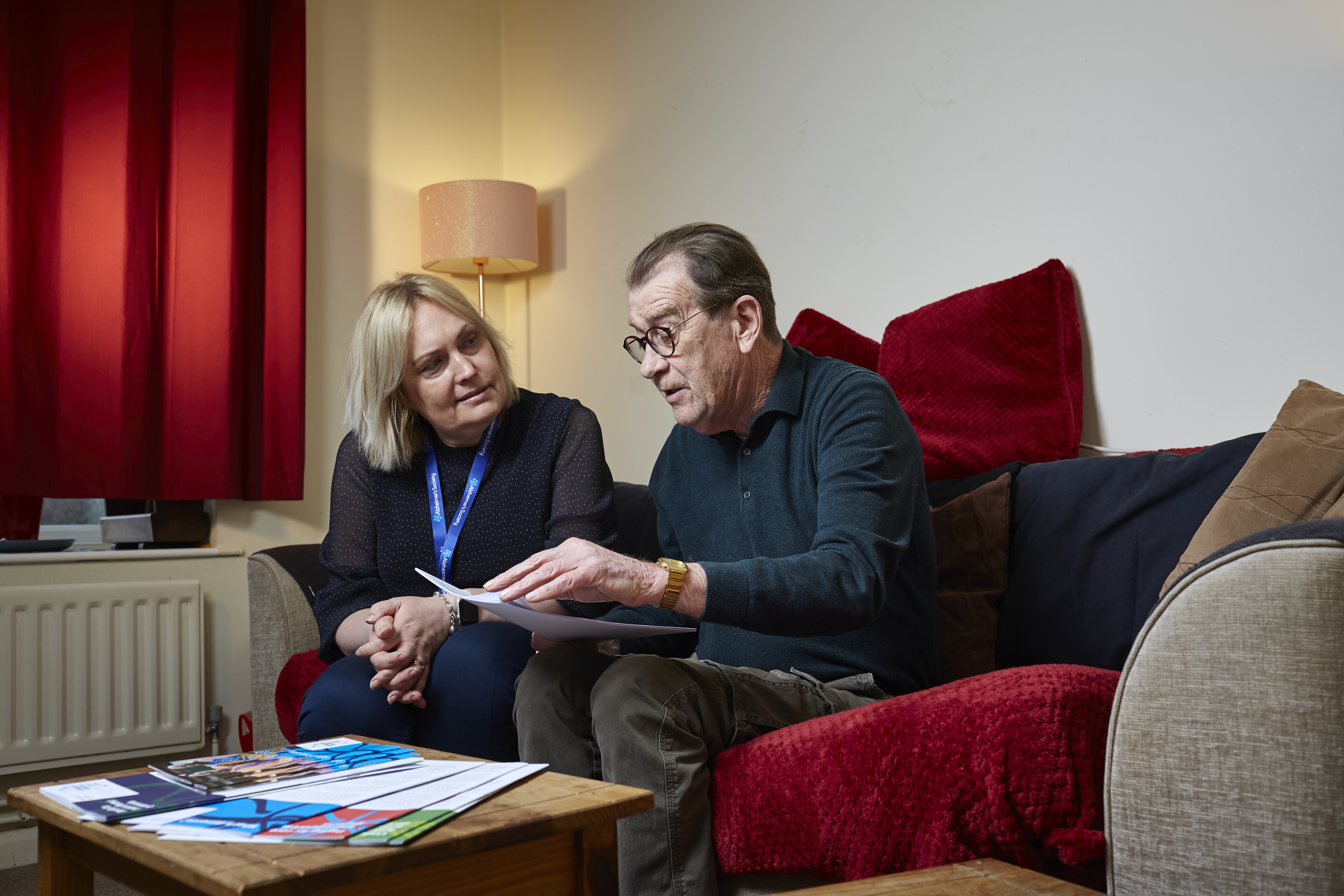
cadent-fund-to-support-alzheimer-society
01 March 2025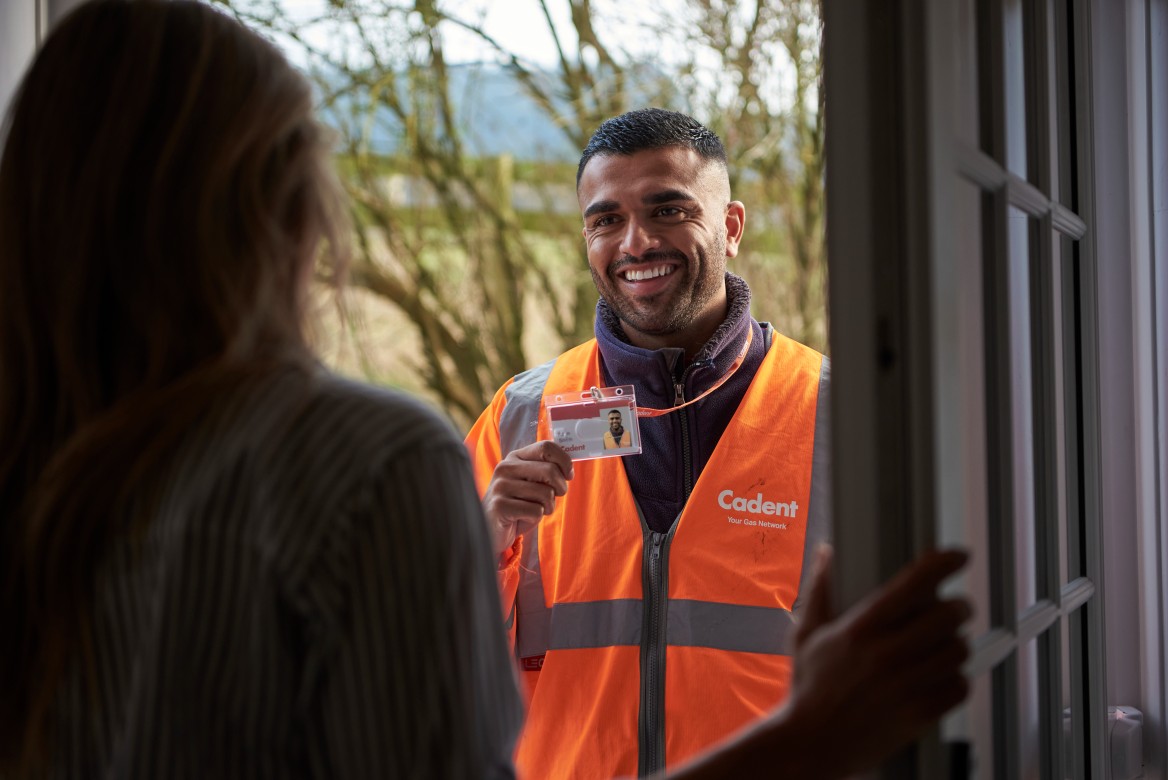
Engineers working hard to resolve low gas pressure in Gamlingay
19 February 2025
Modernising gas pipes that have been in operation for decades;
03 February 2025
Bury Lane, Withnell: Upgrading old gas pipe to keep residents warm now and into the future
27 January 2025
Essential Cadent maintenance work in Enfield set for February
24 January 2025
High Peak: upgrade for gas main under Peak Forest Tramway Trail
16 January 2025
Mayor of Cambridgeshire and Peterborough visits Cadent apprentices
15 January 2025
Birkenhead: essential work on pipeline near Queensway Tunnel
10 January 2025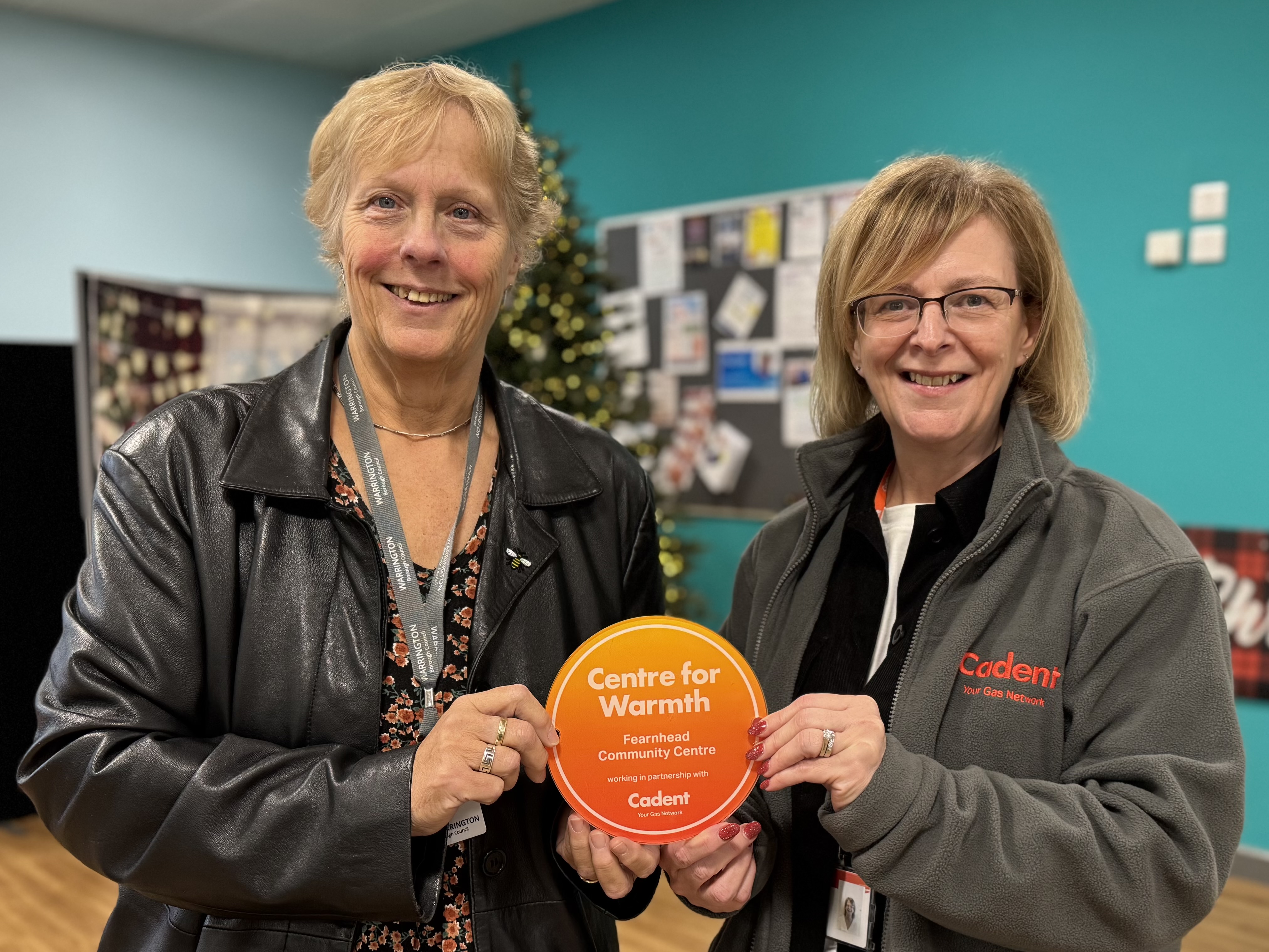
Warrington: how a new ‘Centre for Warmth’ partnership is helping thousands of people through challenging times
09 January 2025
Upgrading aging gas pipes
31 December 2024
Upgrading the aging gas mains in Sloane Square
27 December 2024
Cadent teams up with Cambridgeshire ACRE to help support rural community hubs
20 December 2024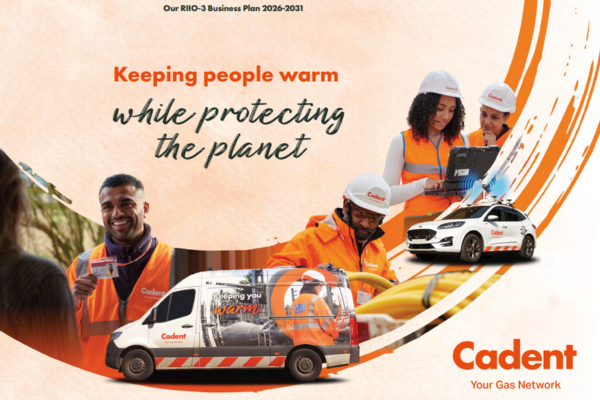
Cadent publishes its RIIO-3 Business Plan
18 December 2024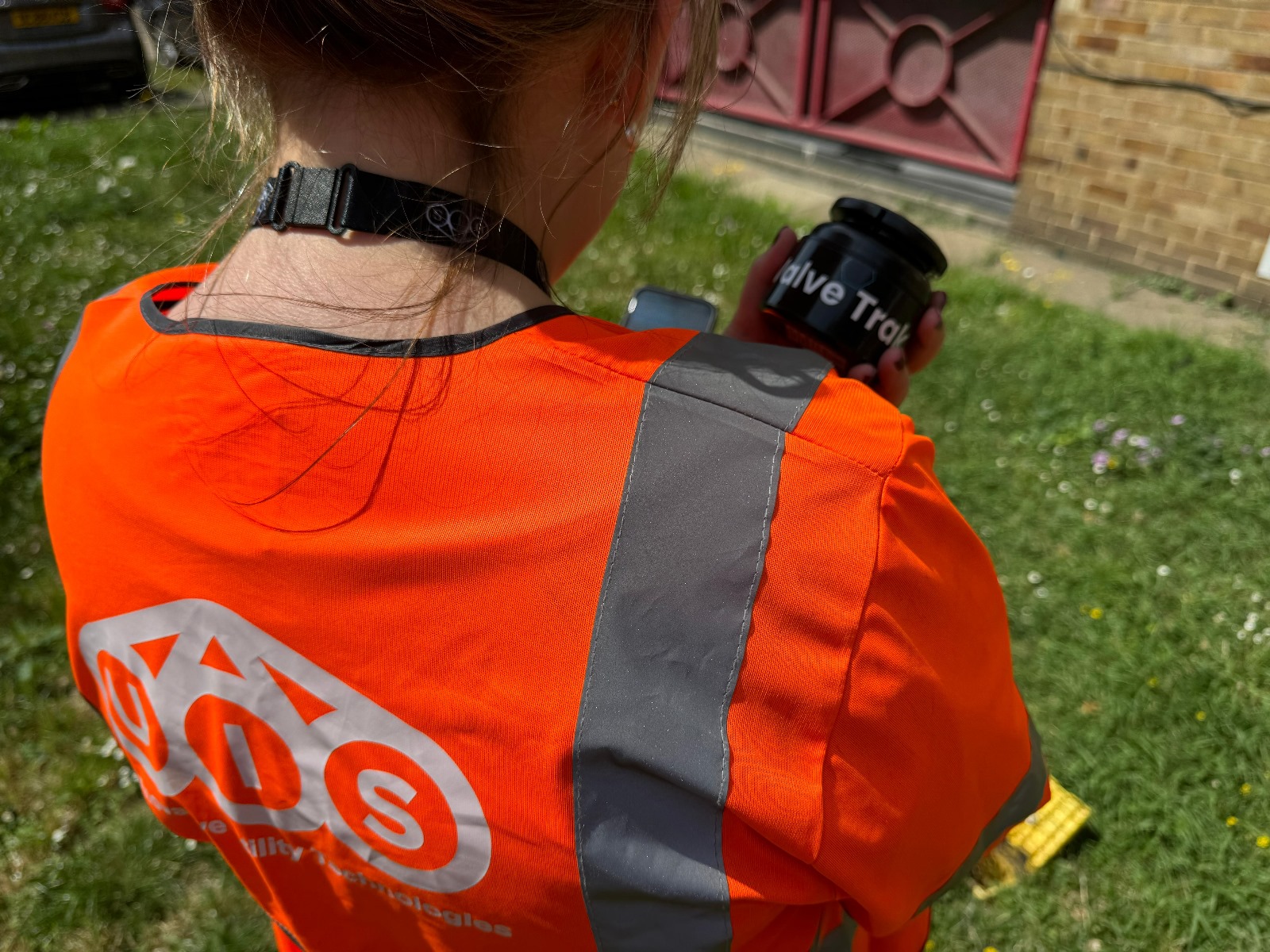
It’s good to talk - North London team use Valve Trak trial to start conversations
13 December 2024
Cadent submits its RIIO-3 Business Plan to Ofgem
11 December 2024
Boston: details of project to upgrade 250 metres of ageing gas main under Strait Bargate, Boston
10 December 2024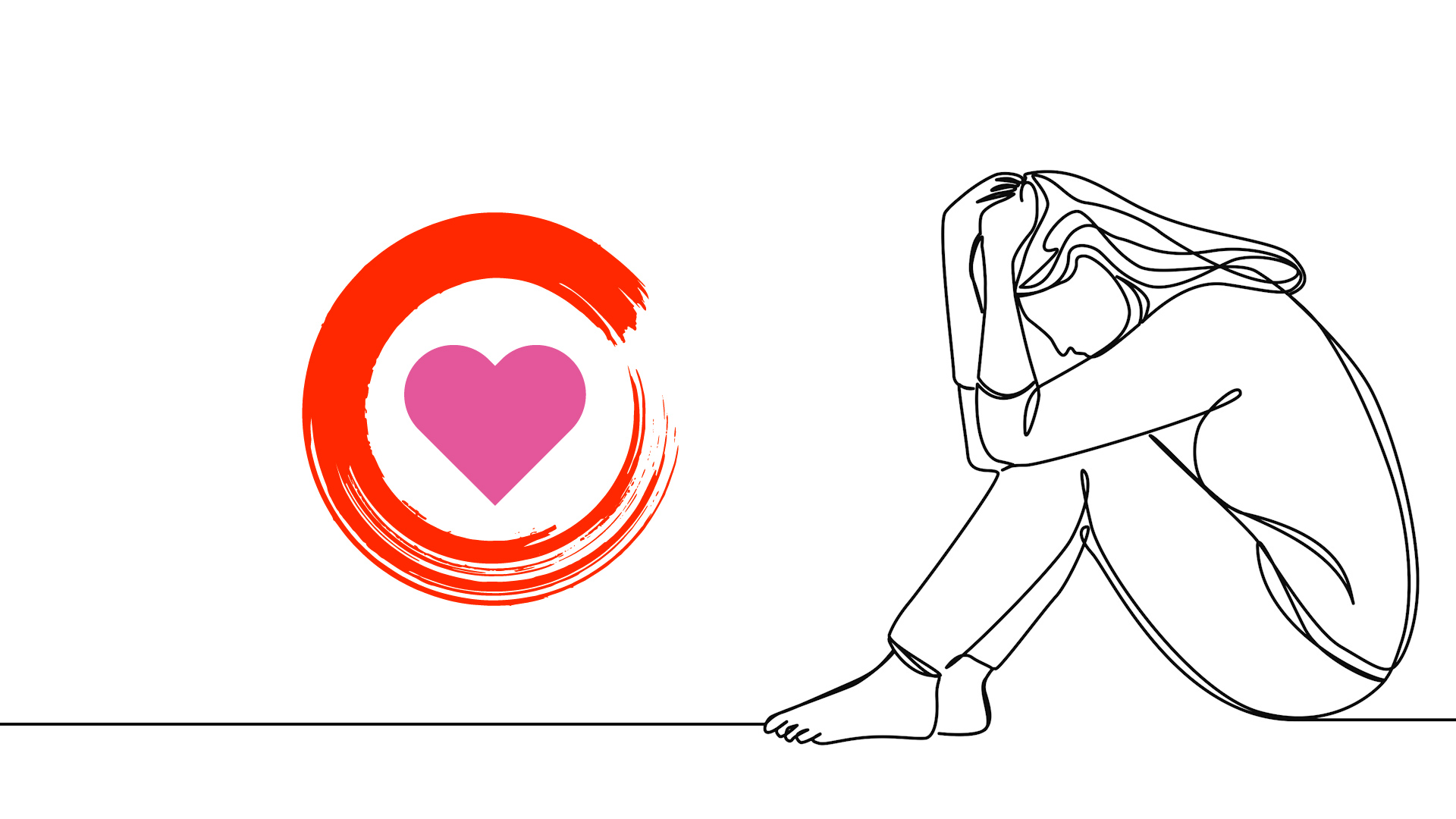
A special Cadent podcast series on Grief
02 December 2024
Mellor, Stockport: upgrade for old gas pipeline relied on by thousands for warmth in winter
14 November 2024
Stockport: emergency gas work in Corporation Street
08 November 2024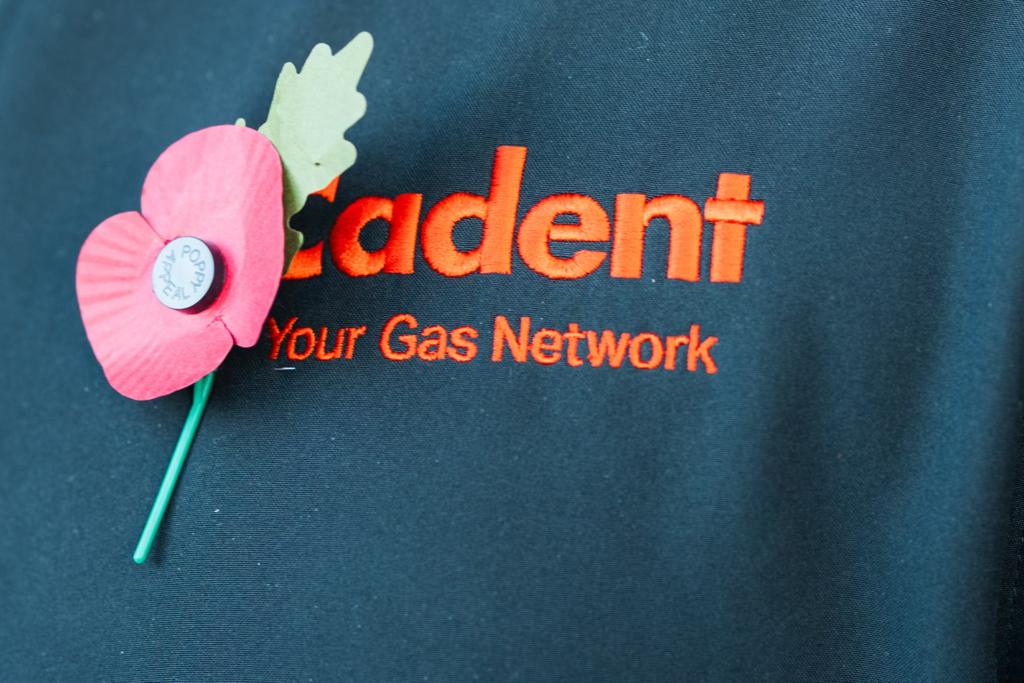
Cadent teams up with Royal British Legion to support Armed Forces community
06 November 2024
Leicestershire: £200,000 upgrade for ageing gas pipes under Dodwells Island
05 November 2024
A long-serving community centre in Norwich, which was on the brink of closure just eight months ago, is now preparing to hold one of its biggest events to showcase its fantastic work.
31 October 2024
Work is set to begin on Monday 28 October to replace 1300m of ageing gas pipes in Stowmarket
24 October 2024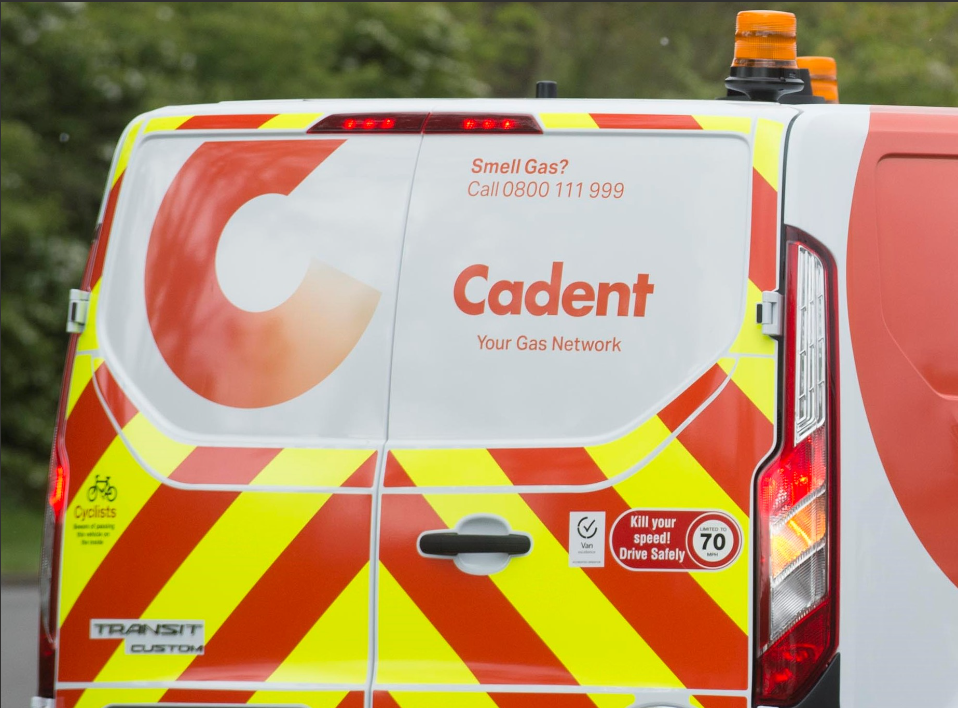
Our emergency engineers attended a report of a fire/explosion at 8:02am on Saturday morning (19/10/2024) on Cleat Hill, Bedford.
20 October 2024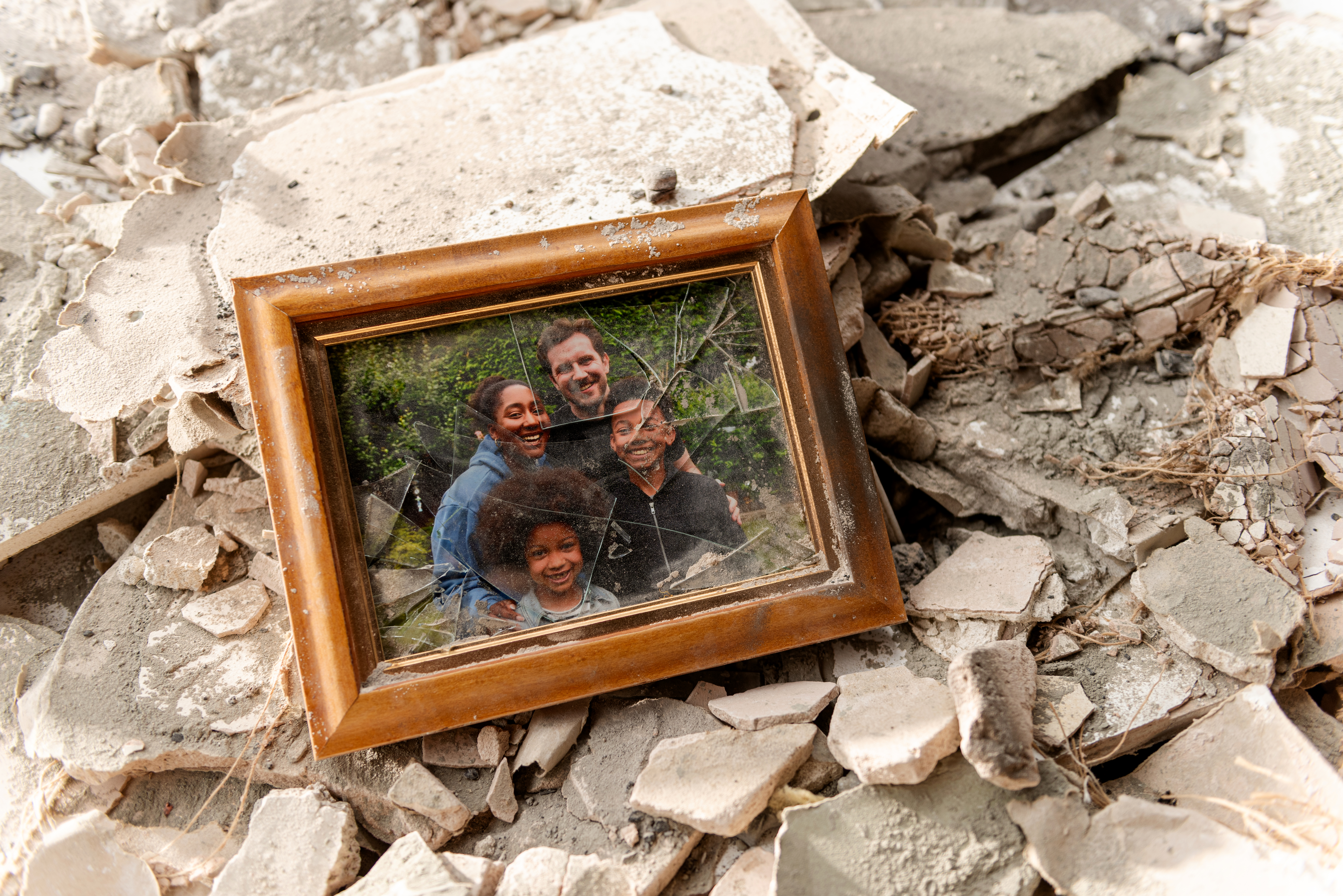
The Hidden Dangers of Stealing Gas - It costs you and it costs lives
15 October 2024
Work will begin late on Friday 18th October, with a road closure (one-way).
14 October 2024
Launch of DAWS - Partnership Announcement
26 September 2024
One of Stockport’s oldest working gas pipes – at 145 years old – is being replaced
12 September 2024
Today we are delighted to host our second Global Technology Conference following the great success from last year.
11 September 2024
Cadent warns people are not regularly servicing gas appliances due to ongoing cost of living impact
11 September 2024
Braughing residents and businesses invited to learn more about upcoming gas pipe reinforcement work
10 September 2024
Water Ingress - Eton High Street
04 September 2024
Major works to replace 1,000 metres of gas pipes under Newark Road, Lincoln.
03 September 2024
A590 Swarthmoor: upgrade for old gas pipeline relied on by thousands for warmth in winter
02 September 2024
Safety equipment being stolen from gas work sites
02 August 2024
Work expected to be completed by early September
29 July 2024
Ipswich gas pipe replacement work starts this week
29 July 2024
Oldham: summer upgrade for town centre gas pipe to help with warmth in winter
22 July 2024
Altrincham: upgrade for old gas pipelines relied on by thousands for warmth in winter
19 July 2024
Second stage of Newport main replacement work gets underway
17 July 2024
Northwich: emergency works to repair gas pipe under A556
16 July 2024
Northwich: emergency closure of London Road due to gas escape
11 July 2024
Work started last week (Wednesday 3 July) and will last for around 10 weeks
09 July 2024
Work is set to begin on Monday 22 July
08 July 2024
Works will start on 22 July for 20 weeks
03 July 2024
Chester - loss of gas
29 June 2024
Work starts on 8th July and will take 15 weeks
26 June 2024
Grahame Park, Barnet – Water Ingress
21 June 2024
Gas mains upgraded in Newark Road Lincoln
12 June 2024
Crosby: emergency works start tomorrow (Saturday) to repair a gas pipe
07 June 2024
Traffic News – Road closure of Cockspur Street, London
04 June 2024
Water in gas pipes - Basford, Nottingham
02 June 2024
Upgrading gas pipes along Harrow View, Harrow
31 May 2024
Cadent Releases Annual Sustainability Report
28 May 2024
Mains Replacement Work starts Monday 20 May in Newport, Saffron Walden
17 May 2024
420,000 metres of pipe to be upgraded this year
30 April 2024
Work starts 7th May and continues to July
29 April 2024
Loss of Gas
26 April 2024
Essential work to the local gas network
16 April 2024Sun, Sea and Centres for Warmth
25 March 2024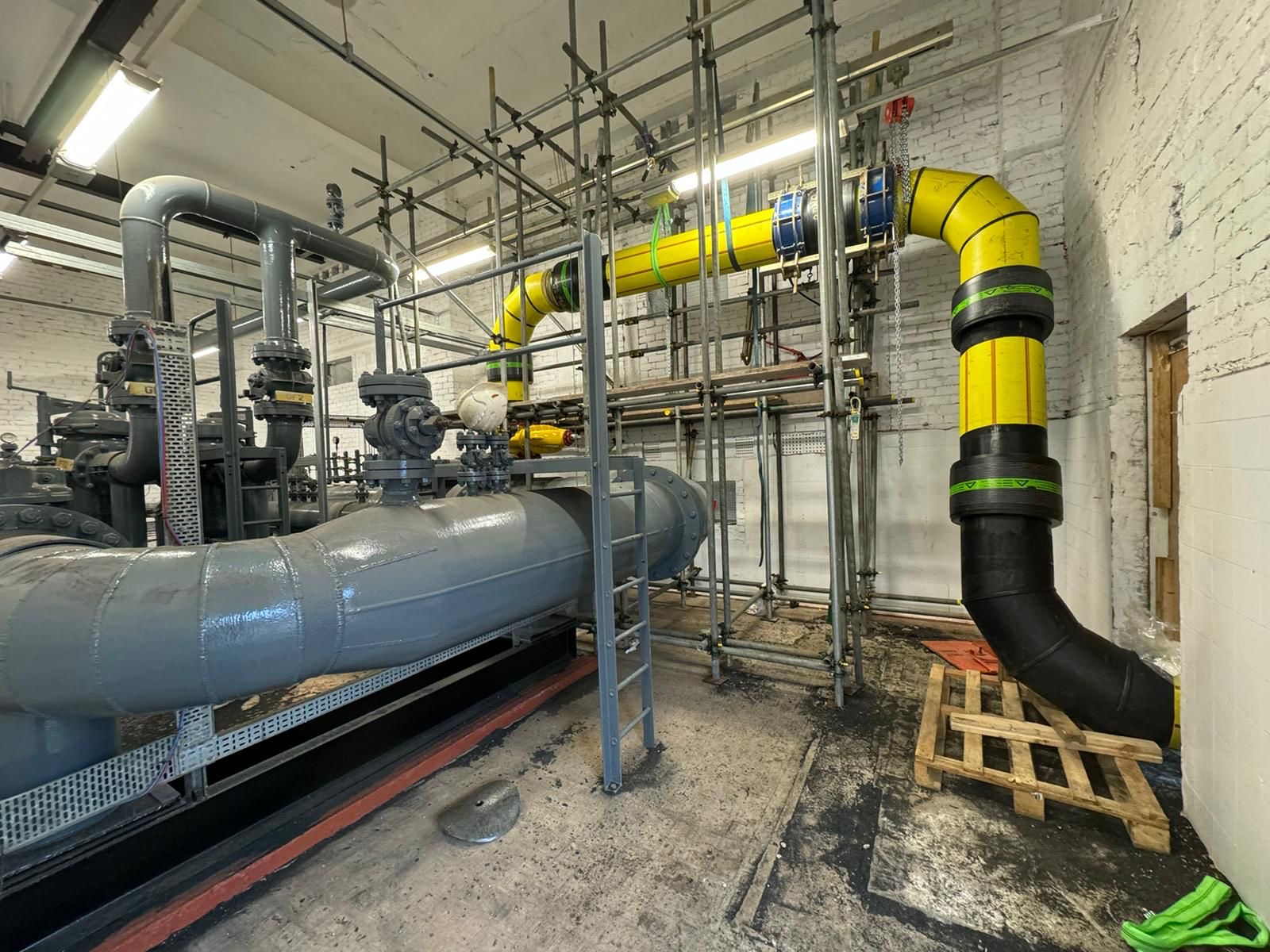
Kings Road works should complete during March
18 March 2024
Next stages of Benfleet and Canvey Island project to start
18 March 2024
Exploring the regional potential for storage options
08 March 2024
Cadent releases Annual Gender and Ethnicity Pay Gap Report
07 March 2024
Work is set to start 11 March
05 March 2024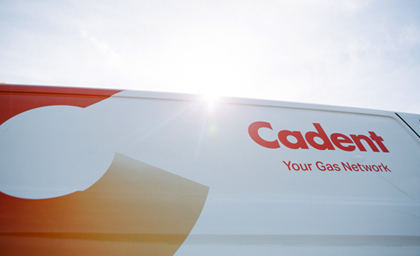
New 'governor' is being installed below ground
04 March 2024
Handing off to Shannon
25 February 2024.jpg?language=en)
A public commitment to delivery of net zero ambitions
16 February 2024
Maldon gas mains replacement work starts next week
16 February 2024
Luton: Emergency gas main replacement
15 February 2024
Harborne, Birmingham: update on gas repair and traffic management
10 February 2024
Final phases of major repair works
03 February 2024.png?language=en)
Cadent Foundation and Groundwork to distribute 5,000 Winter Warmer Packs to help households tackle the cold
02 February 2024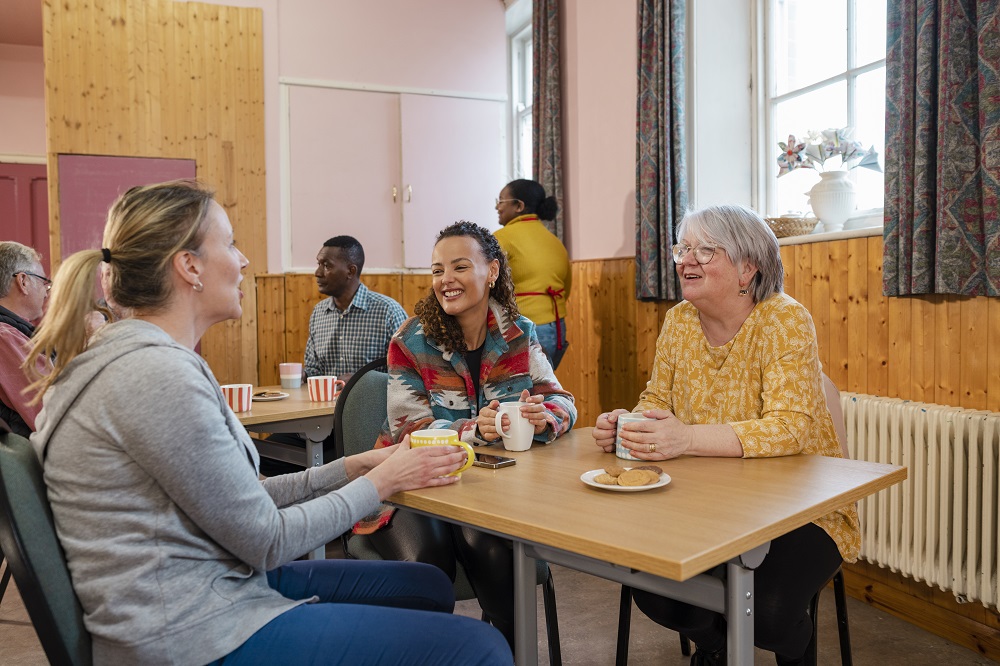
200th 'Centre for Warmth’ opens as freezing temperatures grip the UK
26 January 2024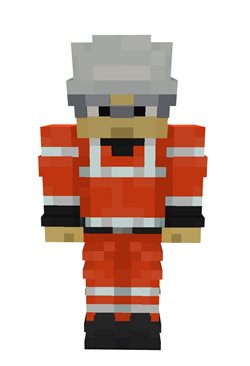
Special Minecraft game helps build roadwork safety
19 January 2024
UK's poorest faced with stark choices amid extreme weather conditions
19 January 2024
A road closure from Monday 22 January
19 January 2024
Lincoln: extension of project to upgrade 800 metres of ageing gas main under Newark Road
16 January 2024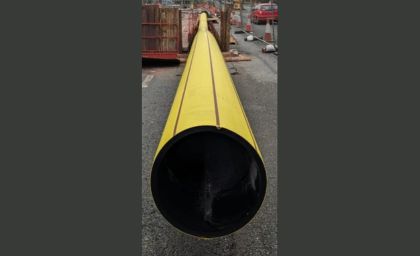
One of the biggest pipes in the North West network
10 January 2024
Engineers repairing the local gas network
09 January 2024
Maida Vale, London - Evacuation
05 January 2024
Newham – Road closure for essential repair - CISBOT used for repair
04 January 2024
Statement: Smell of gas in Colchester
04 January 2024
Updated Statement: Widnes loss of Gas
02 January 2024
Media Statement: Explosion, Bradley in the Moors
29 December 2023
Santa and his reindeer aren’t the only ones working this Christmas!
24 December 2023
Final phase starts early January 2024
21 December 2023
End is in sight for Woodbridge mains replacement
19 December 2023
Bedford mains reinforcement and replacement work to start in new year
18 December 2023
Emergency road closures announced for Woodbridge gas mains upgrade work
12 December 2023
Details of temporary traffic arrangements
12 December 2023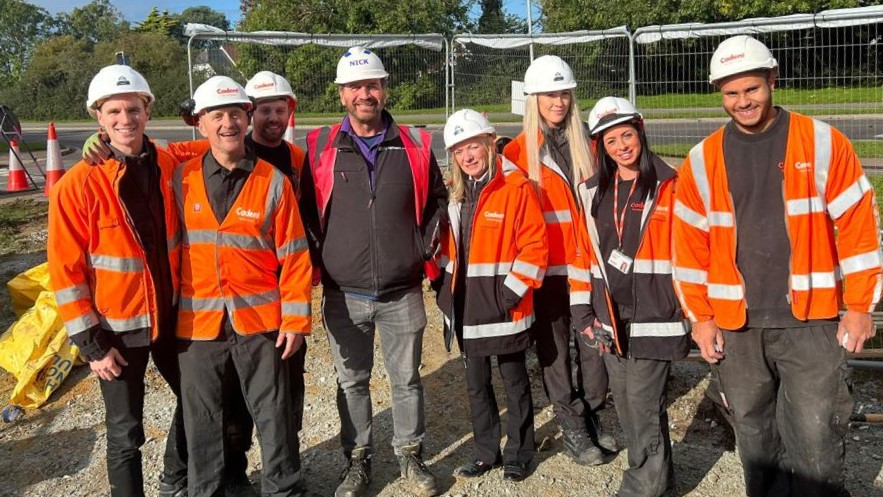
Cadent answer BBC's DIY SOS call
11 December 2023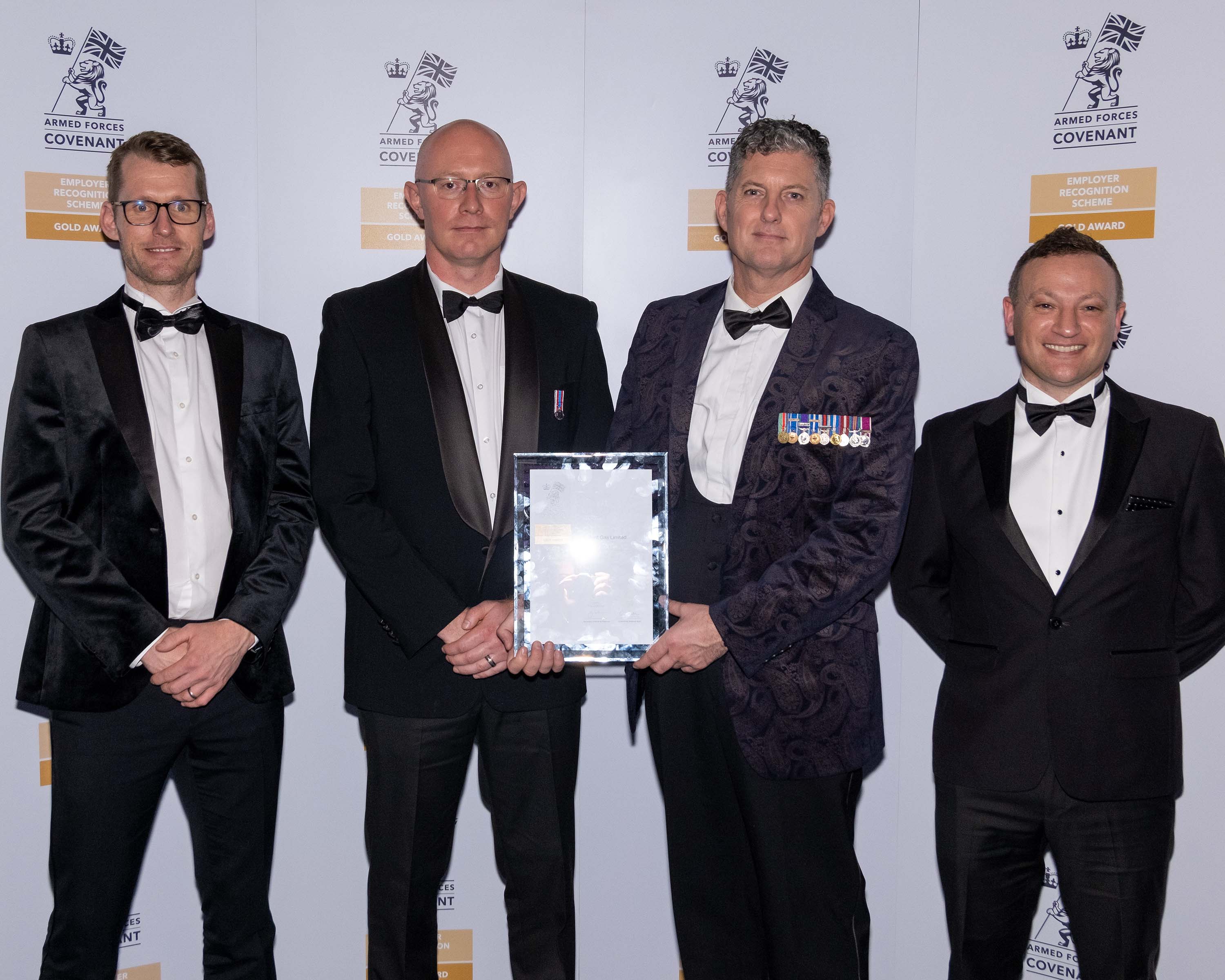
Cadent collects gold award
04 December 2023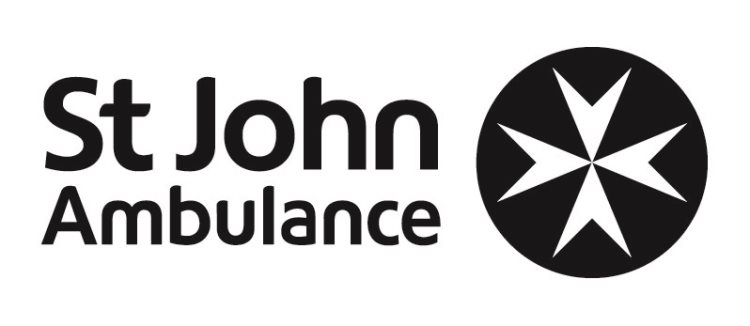_1.jpg?language=en)
Do students know the difference between freshers flu and CO poisoning?
29 November 2023
A statement from Great Britain's gas networks
27 November 2023
Gas emergency work Farringdon Road, London
27 November 2023
Beware of bogus workmen
24 November 2023
Eccles: essential work to repair a gas pipeline deep underground
17 November 2023
Cadent awarded Sustainability ‘Sector Leader’ status
16 November 2023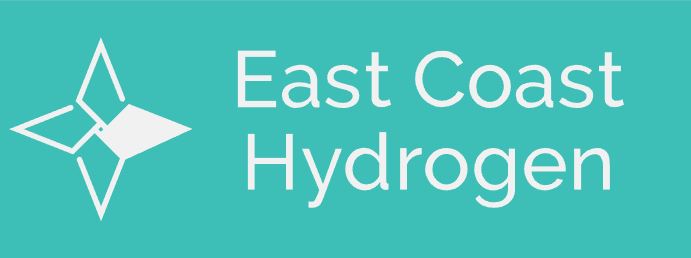
Pioneering Hydrogen programme to bring low carbon energy benefits for the North-East, Midlands and beyond
13 November 2023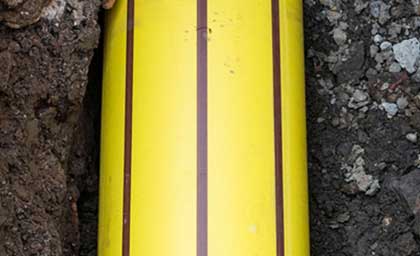
The work is happening in Arrowe Brook Road
10 November 2023
Essential Woodbridge gas mains upgrade to begin next week
09 November 2023
Remembrance Day 2023: Zoe's career in the Navy
08 November 2023
Cadent appoints utility industry stalwart as Chair of newly launched Customer Challenge Group
07 November 2023
Gas repair work underway on Bedford footpath
03 November 2023
Essential Manchester gas main upgrade to begin next week
01 November 2023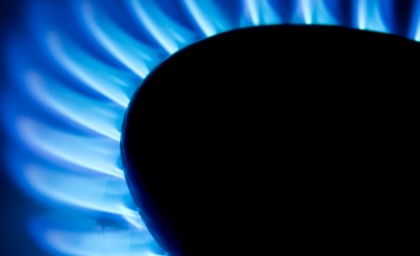
Work takes place until December
27 October 2023
Work should be complete by January 2024
26 October 2023Cadent Raises £40,000 to Support local community centre
26 October 2023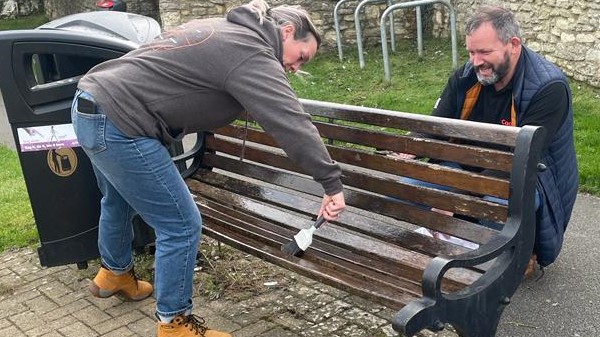
Cadent engineers volunteer to refresh Bedfordshire benches
20 October 2023
Ipswich gas repair work starts today
10 October 2023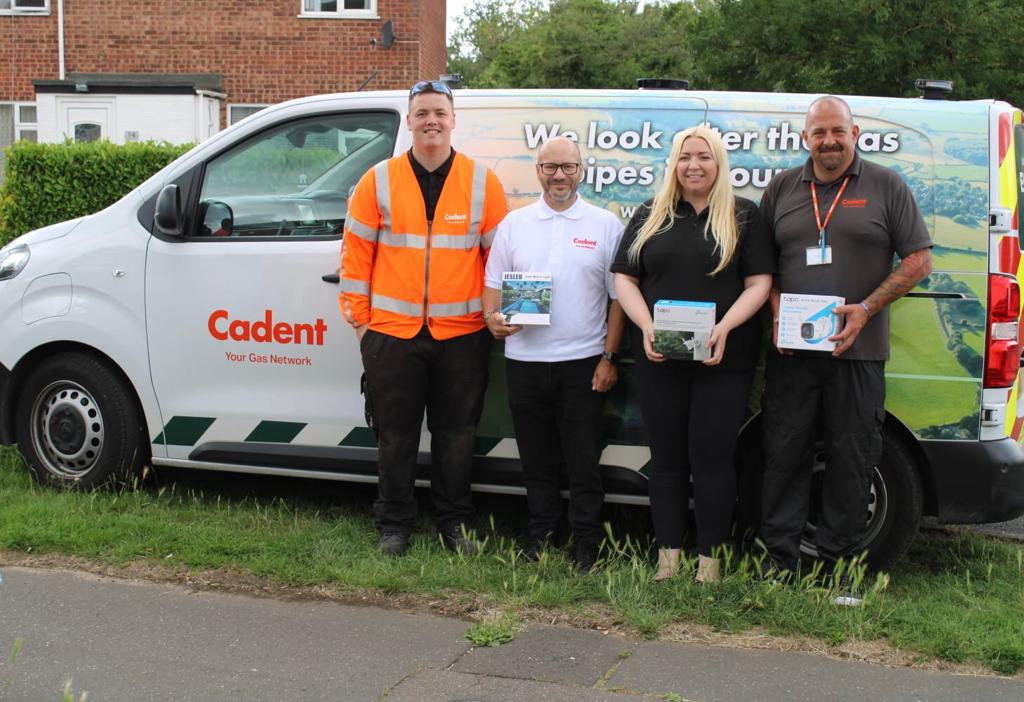
Cadent engineers volunteer to help Norfolk residents feel safe at home
26 September 2023
Wellingborough: details of joint project between Cadent
25 September 2023
Large gas escape - Fordham, Ely, Cambridgeshire
25 September 2023
Cost of Living Crisis impacting UK’s ability to hit Net Zero targets
20 September 2023
Cadent issues safety warning after boiler tampering to save money
07 September 2023
Marple, Stockport: Emergency Road Closure
05 September 2023
Lowestoft mains reinforcement work starts on Monday
01 September 2023
Leak will be closely monitored all weekend
31 August 2023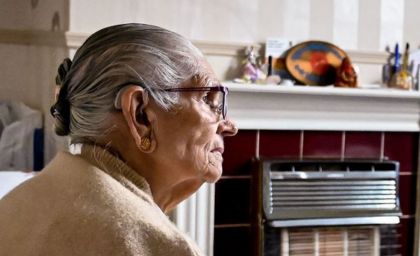
Introducing the new Warm Homes Network
30 August 2023
Lane closure – Gatley Road, Cheadle
10 August 2023
Explosion in Battersea - not gas related
10 August 2023
Road closure - Midland Road, Bedford
02 August 2023
Work starts 31st July, for around 20 weeks
28 July 2023
Work starts 31st July
27 July 2023
A new partnership to deliver vital safeguarding training
27 July 2023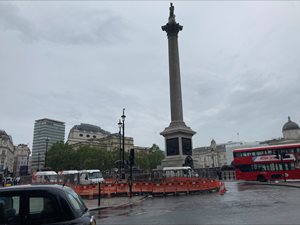.jpeg?language=en)
Trafalgar Square gas mains repair
17 July 2023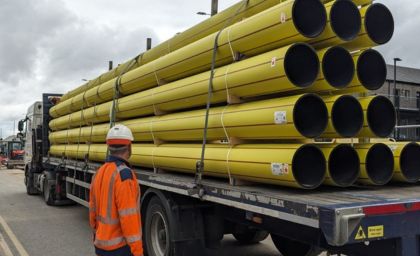
50% of project now complete
12 July 2023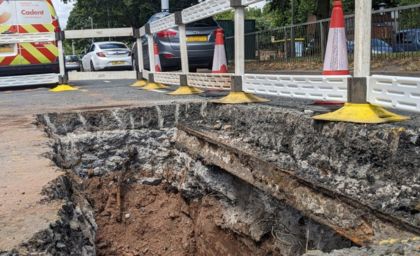
Major project to carry out essential repairs
12 July 2023
Hydrogen Village Statement
11 July 2023
Bristol Gardens, W9 London, mains replacement project
10 July 2023
St Albans: loss of gas to properties in Park Street area
29 June 2023
We're funding a new 'Safe and Well Communities Project' with the YMCA
28 June 2023
Work starts 24th July, for around six weeks
19 June 2023
Lorna Millington awarded MBE for her work in Business and Environment
16 June 2023
#Imagine 2033
13 June 2023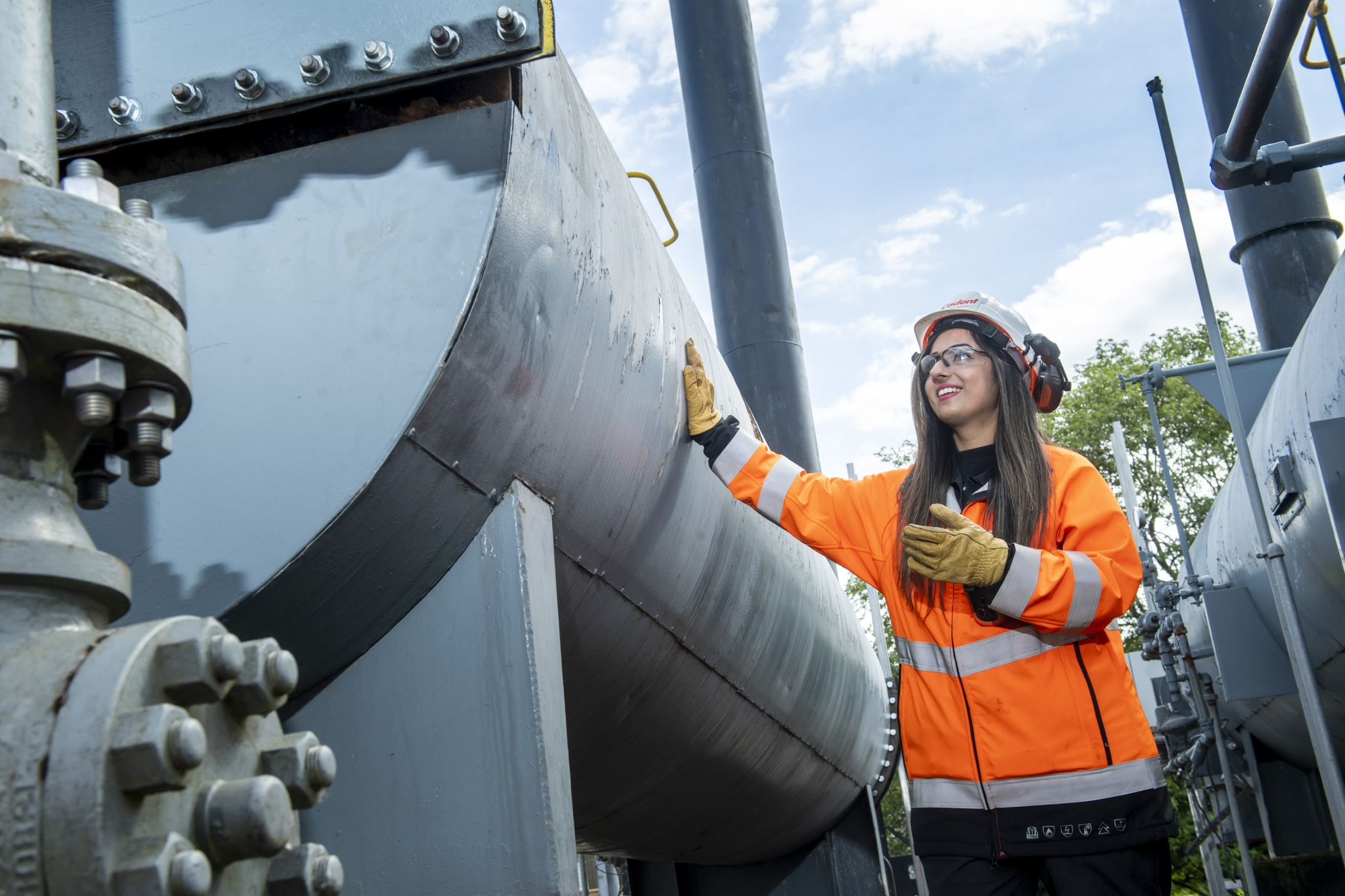
Supplying energy to over 10,000 homes
02 June 2023
Work starts Tuesday 30th May
26 May 2023
Temporary road closure in the town centre
11 May 2023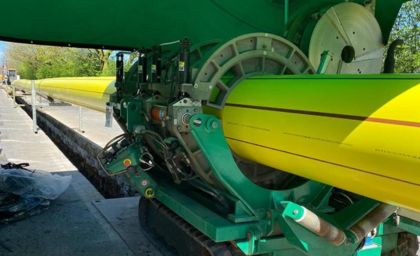
Photos show impressive engineering onsite
10 May 2023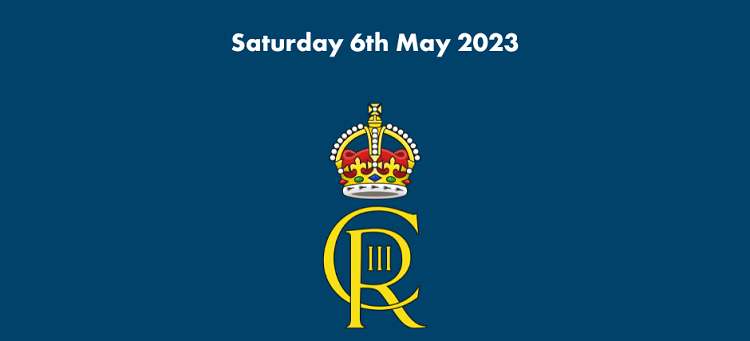
2023 will go down as a moment in history for Britain.
05 May 2023
Important new guidance launched ahead of Spring renovation season
05 May 2023
Cadent has been awarded the Menopause Friendly Accreditation
05 May 2023
Be aware of the dangers of carbon monoxide… or it could be game over.
03 May 2023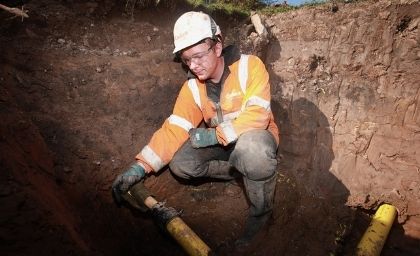
Details of 2023-24 gas mains upgrade programme
27 April 2023
Work is due to begin 24th April 2023
14 April 2023
Gas leak calls for urgent mains replacement work on Bridge St, Bridg
06 April 2023
Empowering young people to make sustainable and cost-effective choices
04 April 2023
Cadent announces major investment in Leamington Spa gas network
31 March 2023
Keeping everyone safe
31 March 2023
Benfleet - 2nd phase of major investment starts
31 March 2023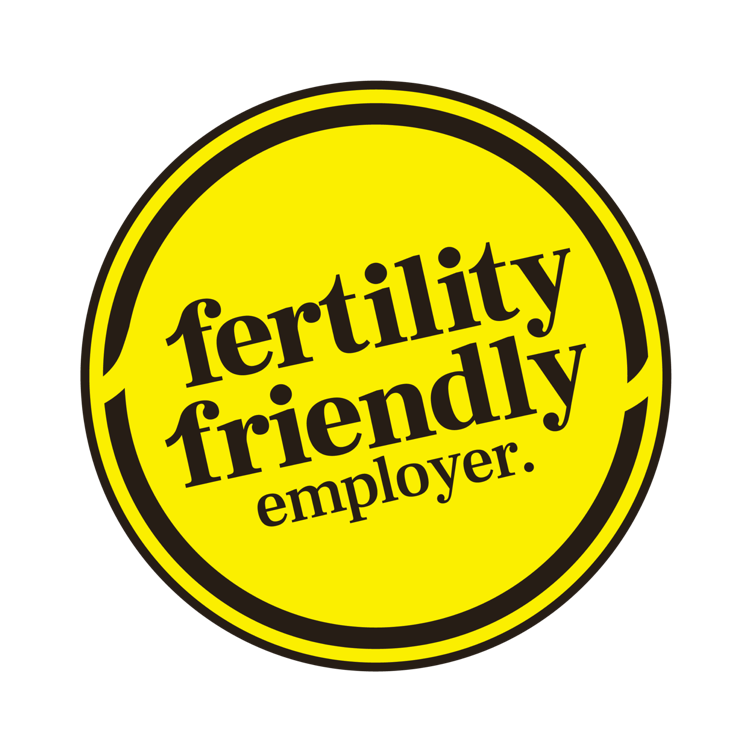
Dedicated policy to support fertility treatment
30 March 2023.jpg?language=en)
Creation of 'Hydrogen Valley' could bring jobs to WM & EoE
29 March 2023
Whitby residents revised offer for Hydrogen Village trial
29 March 2023
Working to support adult carers and their families
28 March 2023
Teams will be working round-the clock, 24 hrs
28 March 2023
Our sense of smell plays an essential role in keeping us safe
21 March 2023
New website launched to help customers sign up to the PSR
20 March 2023
Educating young people about the dangers of carbon monoxide
14 March 2023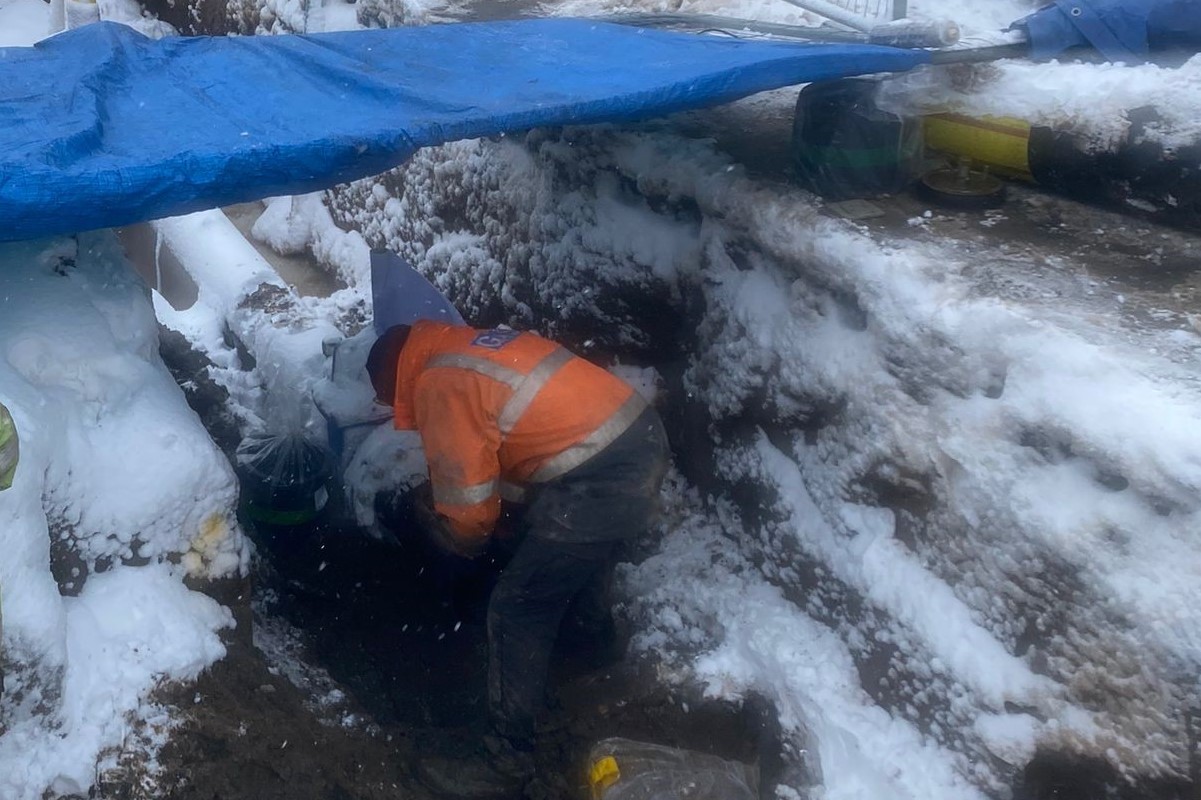
Cadent working to reopen Ashworth Lane asap
11 March 2023
Cadent releases Annual Gender and Ethnicity Pay Gap Report for the first time
02 March 2023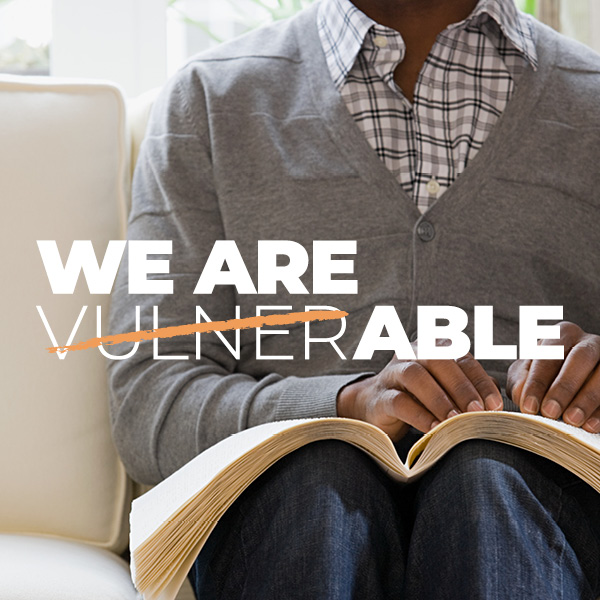
Helping our customers live independently and safely in their own homes
01 March 2023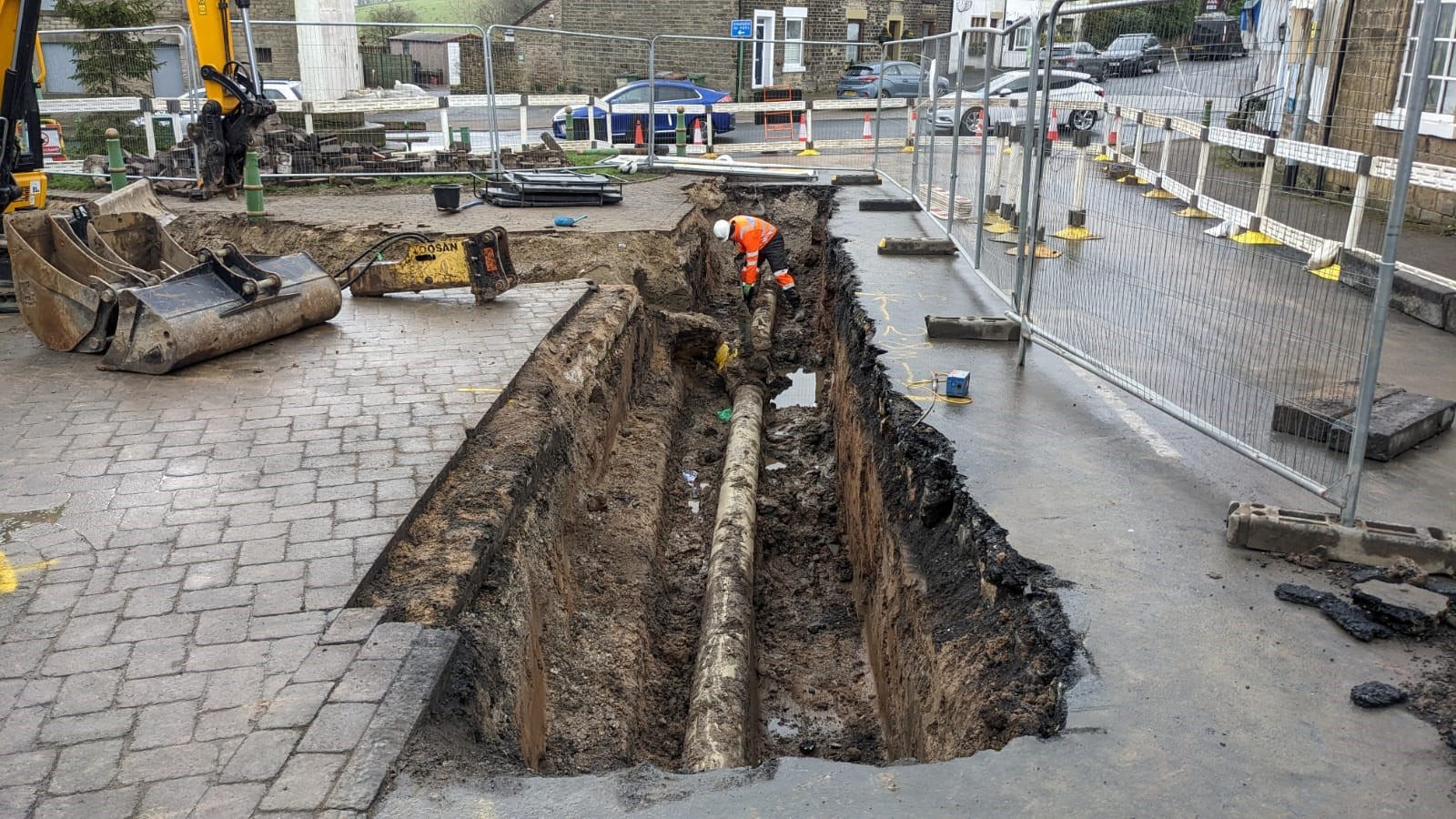
Photo shows the challenge facing engineers
01 March 2023
2,000 metres of new gas pipes
23 February 2023
We need to resolve issue with gas pipe
20 February 2023
Half of UK consumers feel powerless to reduce energy bills
20 February 2023
Benfleet and Canvey Island: investing in the local gas pipe network
16 February 2023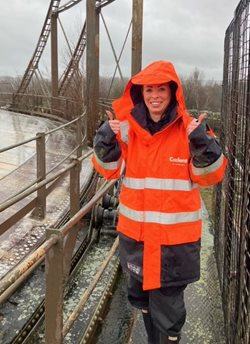.jpeg?language=en)
National Apprenticeship Week
10 February 2023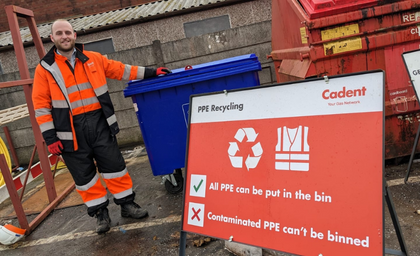
We're working towards zero waste to landfill
24 January 2023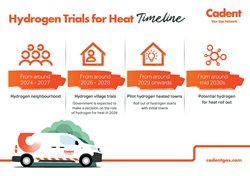
Cadent submits proposal to Government for Hydrogen Towns
23 January 2023
Low carbon hydrogen is a new home-grown super-fuel
19 January 2023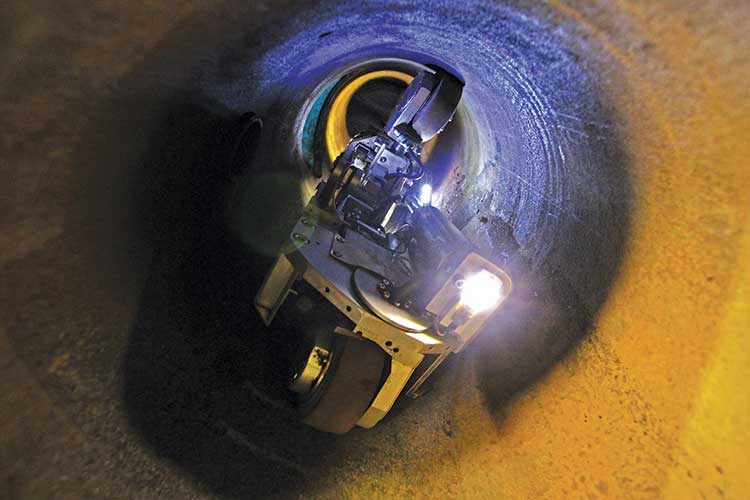
CISBOT deployed for its latest North West job
09 January 2023
Keeping everyone safe and warm in their homes
06 January 2023
Work starts on Saturday 7 January and will take place on 7/8 and 14/15
05 January 2023